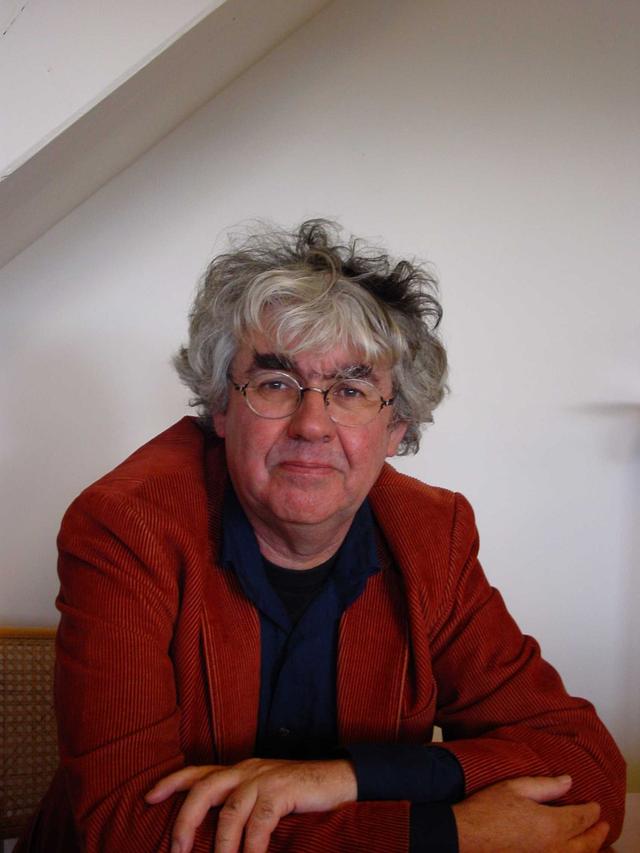Jorwerd: The Death of the Village in Late Twentieth-Century Europe
Nowhere has the modern era encroached more dramatically than in the countryside. Progress and prosperity have done more change to the closed village communities in the last fifty years than in all the previous centuries. Thanks to the influence of the cities, the mechanisation of farming, and the arrival of automobiles, television and supermarkets, age-old traditions and ways of life have disappeared almost completely within the space of two generations. Geert Mak has produced an impressive account of this silent Europe-wide revolution in the countryside.

‘As the people of Jorwerd became more and more able to deal with the weather and death on their own, God too gradually disappeared out of sight,’ writes Mak. Mak moved to this small village in the north of the Netherlands to find out what had happened to village life. In a gripping narrative, he describes the changes in the lives of the farmers, shopkeepers and tradesmen. Arable farming started disappearing; dependence on the land and the weather changed to a reliance on machines, subsidies and bankers. The farming class, the lynchpin of the whole economic and social structure, came under pressure. In scarcely more than twenty years, over fifty per cent of the farmers retired from working the land.
Geert Mak did not set out to write this biography of a dying village as an urban writer with romantic notions of rediscovering the country; he feels a genuine concern for the loss of traditions. He sees the positive side of the modern age: peace and tradition may have been lost, but so have isolation, narrow-mindedness, poverty and scarcity. What’s more, Mak points to the emergence of a new village pride. Perhaps village culture will turn out to be the ‘culture of survival’ that it has always been. Geert Mak’s book is a poignant monument to ‘human lives that had become totally unrecognisable to us.’
“Mak’s Jorwerd is like Garc?a Márquez’s Macondo; it is not a place but a state of mind, a realisation of the loss of intimacy, warmth and solidarity.”
“Mak writes extremely appealing history: a unique combination of documentary registration, personal accounts and serious research.”
